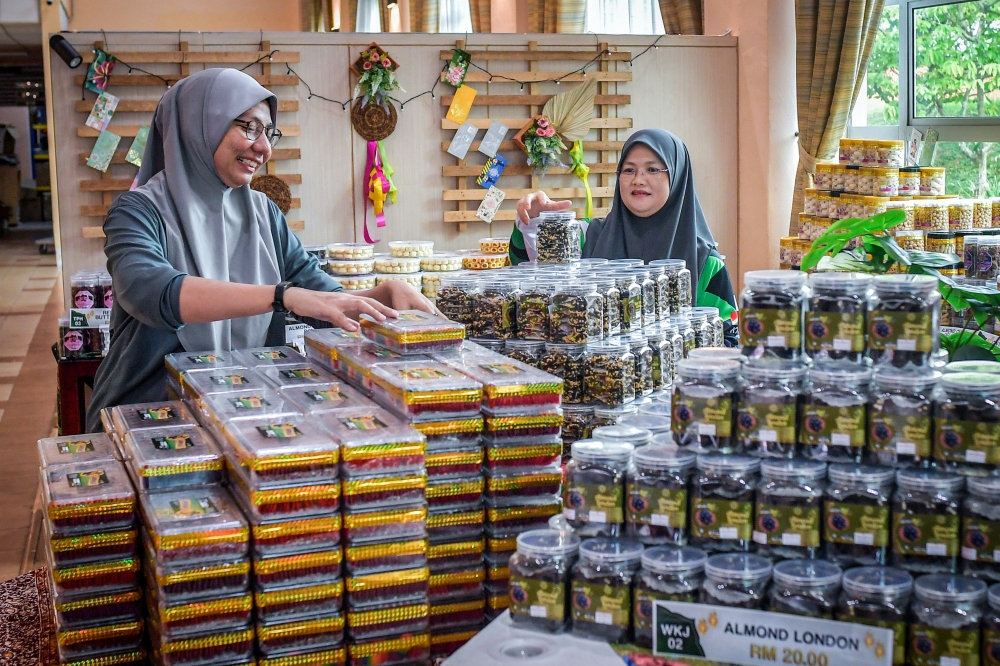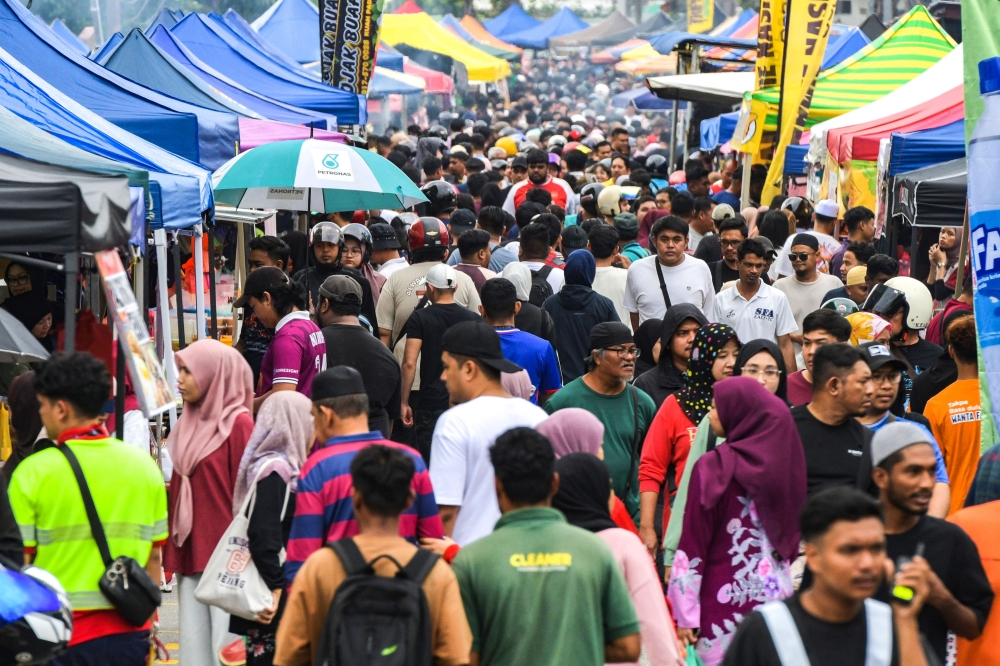KUALA LUMPUR, April 26 — The demand for inbound travel to Malaysia has hit 83 per cent of what it was in 2019, according to a Google report that showed the travel industry in South-east Asia has been booming since the fourth quarter of last year.
Google searches showed the demand for outbound travel from Malaysia was at 90 per cent of pre-pandemic levels in March, while domestic travel reached 100 per cent of what it used to be.
“In Q4 [2021] we started to see domestic demand and international demand begin to spike as governments dropped internal border restrictions and started to condone the idea of travel,” said Google’s Asia-Pacific sector lead for vertical search and travel, Hermione Joye.
“In March [2022] across South-east Asia, we saw huge reopening of restrictions. The governments are starting to get much more comfortable with the idea of people travelling and the need to travel, and demand is picking up.
“Demand now is at 97 per cent of pre-Covid levels,” she added.
Malaysia’s travel demand was termed by Google as a “moderate recovery”, compared to neighbouring Philippines and Indonesia, which had an inbound travel demand of 118 per cent and 105 per cent respectively.
Meanwhile, Malaysia’s domestic travel was shown to be higher than that of the Philippines (90 per cent), Thailand (84 per cent) and Vietnam (80 per cent); only Singapore matched its 100 per cent level.
Google also said that 75 per cent of travel within South-east Asia was inbound to Malaysia and Singapore.
Additionally, there was a 400 per cent increase in searches within Malaysia looking for travel insurance, and five times increase in travel requirements searches, while South-east Asians as a whole are taking 17 per cent longer to plan their international trips.
Malaysians are also looking for “all inclusive resorts” at a rate of 120 per cent more than before the pandemic.
“The reality is that travel is just taking longer, it's taking 20 per cent longer than it did pre-Covid to book because of the logistics around [travel].
“So what does this mean for the industry? If you can help make the experience more seamless for the user and the traveller, you can build loyalty,” said Hermione.
Malaysia reopened its borders to all international travellers, regardless of Covid-19 vaccination status, on April 1 after an almost two-year closure.
Its neighbours in South-east Asia have also incorporated more welcoming policies towards travellers, such as Singapore, which reopened its borders only to fully-vaccinated travellers on April 1.
Similarly, Thailand, which has been running a travel pass, announced that it will no longer require travellers to test for Covid-19 upon arrival starting May 1.




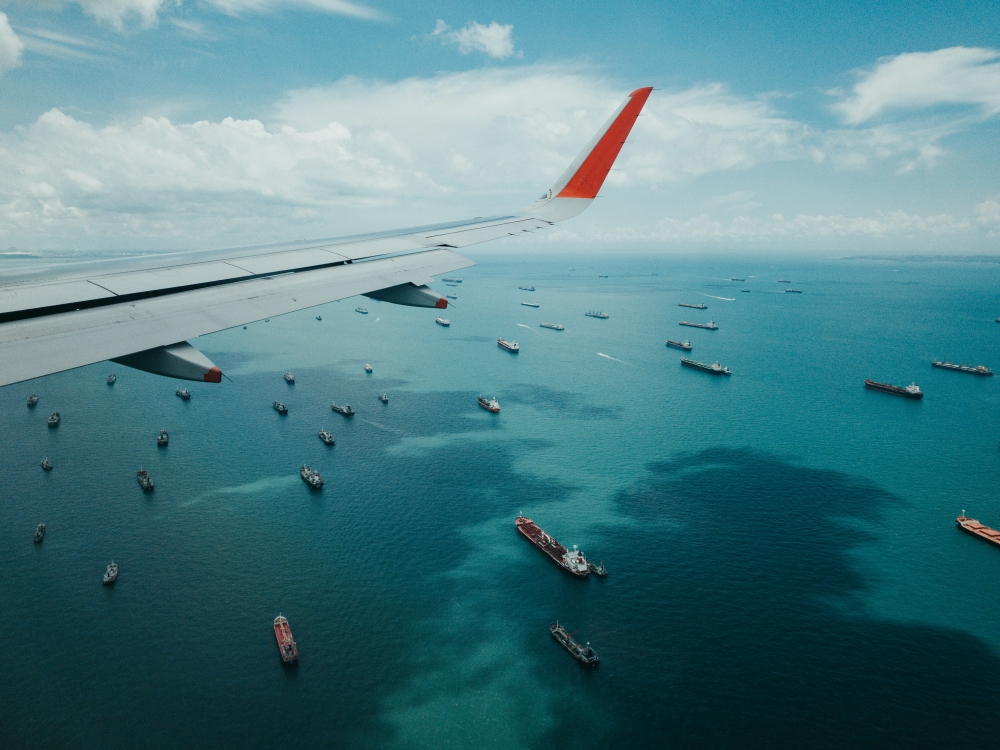









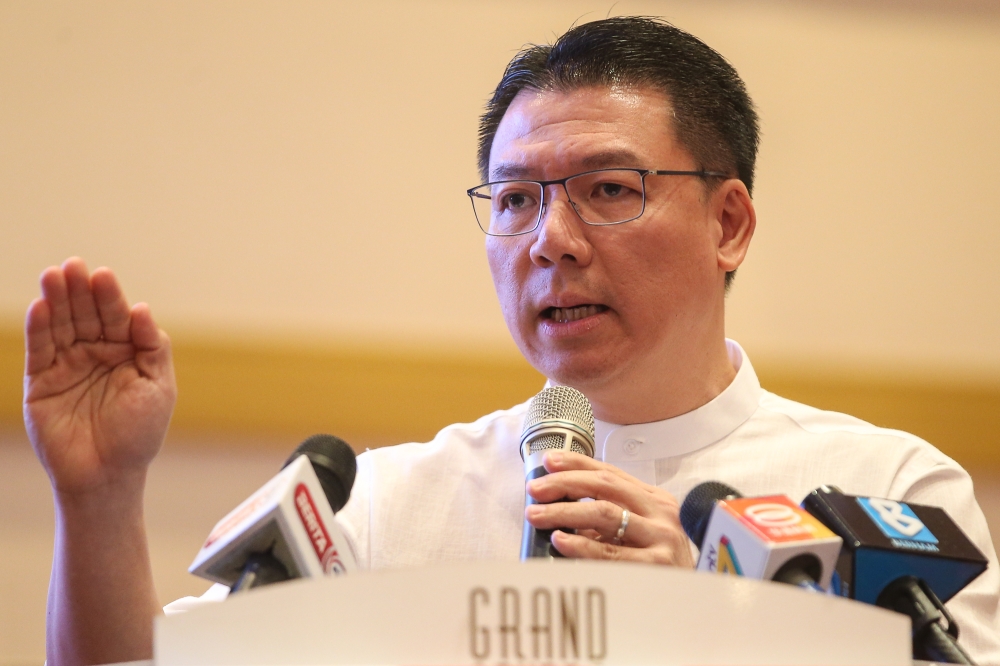
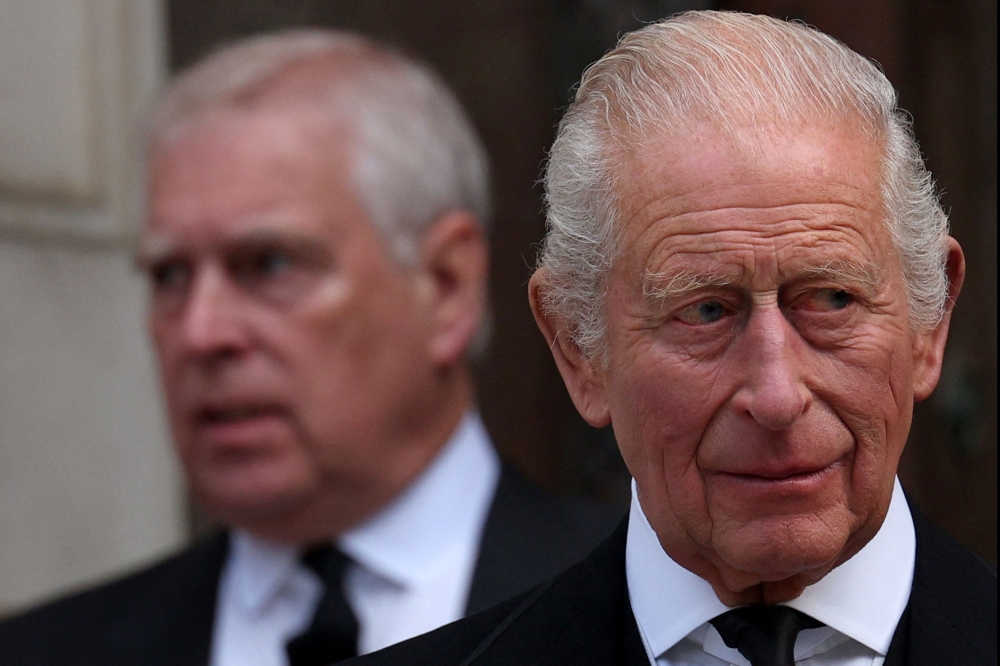
.jpg)


